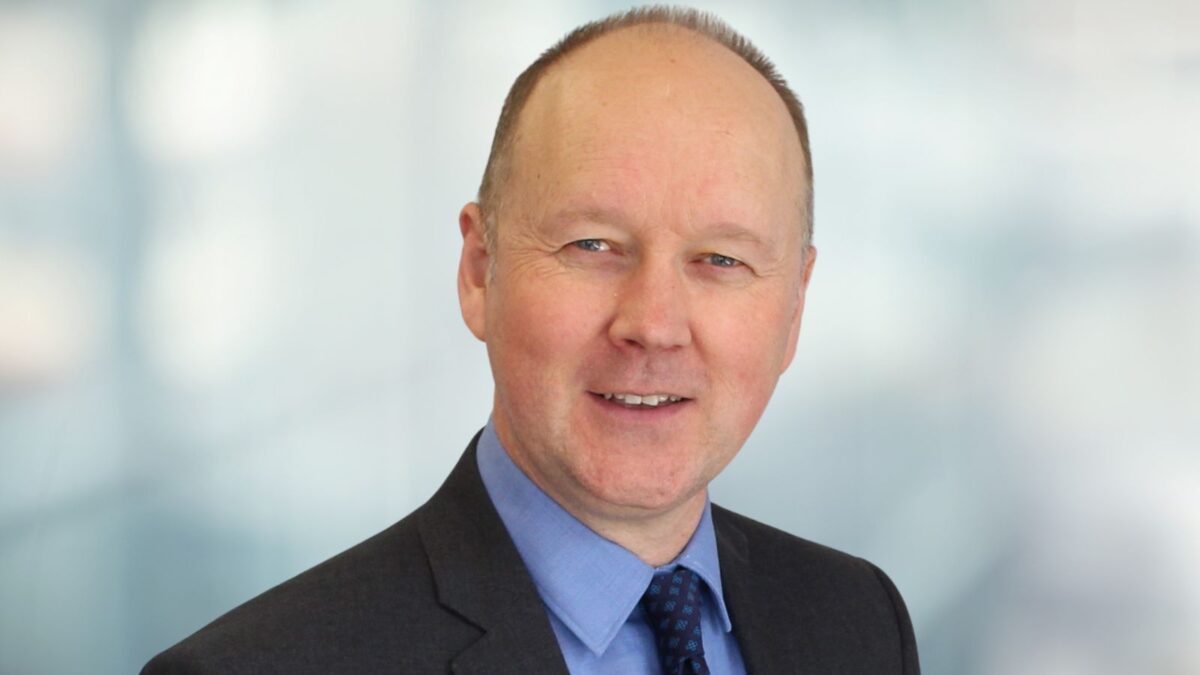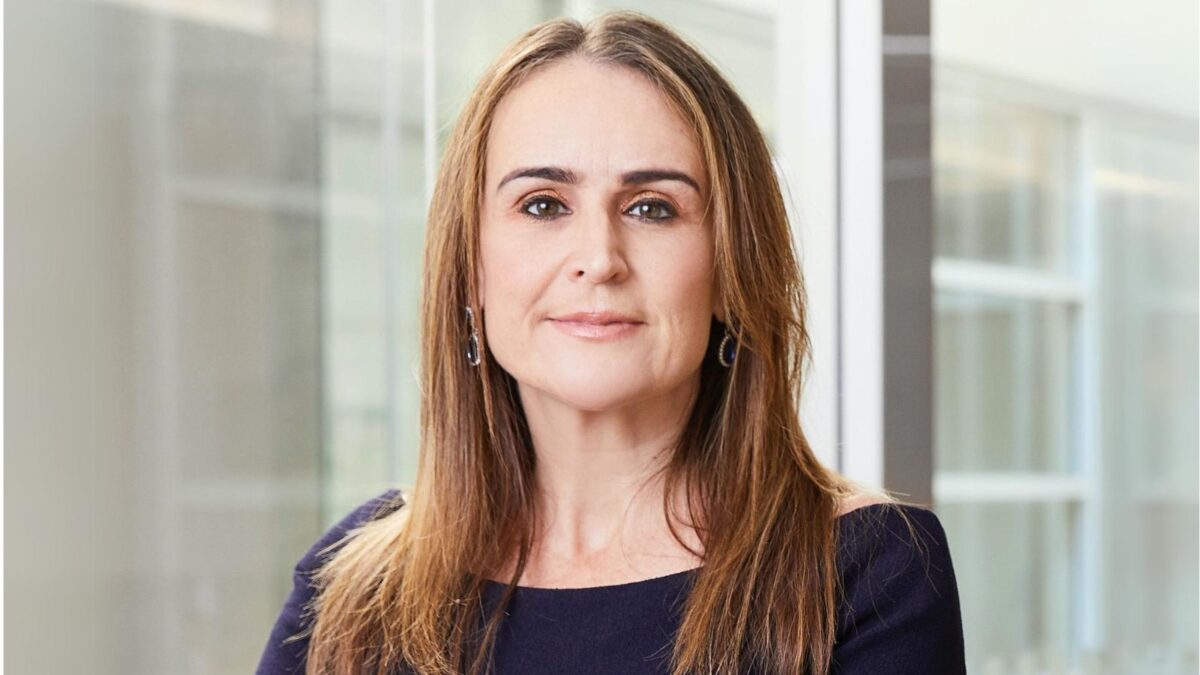‘It comes at a cost’: Small funds fret APRA levy increase
APRA meets its costs by imposing a levy on the entities it regulates, including authorised deposit-taking institutes (ADIs), insurers and superannuation funds, with institutions paying both a restricted levy (which reflects the cost of supervision for an industry and is subject to minimum and maximum amounts) and an unrestricted levy (which covers costs relating to ‘systemic’ regulation and has no minimum or maximum) tied to their asset base.
But while the unrestricted levy has increased for all segments of the APRA-regulated superannuation industry, the restricted levy for a number of funds managing less than $10 billion has leapt more than 80 per cent in some cases this financial year.
Executives from those funds have been left puzzled by the increases, with one saying that it looks like a “backdoor way of forcing small funds out of business” and that “members will have to pay for it”.
“They’ve gone up so sharply, and without any fanfare or acknowledgement that they were going up,” one executive said. “It comes at a cost to putting dollars back in members’ pockets, or putting on staff to manage member services even better. It’s not going to knock us out, but it doesn’t help.”
Funds above $50 billion – which APRA says currently account for 54 per cent of the levy for the super industry – have seen increases to their unrestricted levy but no increase in their restricted levy, which currently sits at the cap of $800,000. Meanwhile, ADIs have seen their levies come down while general and life insurers have seen a slight increase in aggregate.
“All funds, but particularly small funds are under increased pressure to reduce fees for members, and at the same time (APRA) are jacking up fees for oversight materially. I think if any of us were to send out significant event notices telling members their fees had gone up that much the regulator would be all over us.”
Small funds also suggested larger funds should pay more based on the fact that they are taking on significantly more organisational and investment complexity and are “generating the extra burden for the regulator”.
“The bigger funds have become infinitely more complex and are requiring more supervision by APRA – shouldn’t the cost attach to the large funds rather than the small funds?” another executive said. “Our business model hasn’t changed, but AustralianSuper is opening overseas offices and insourcing its investments, and APRA has spent a lot of time on the valuation of unlisted assets.
APRA has been requesting more granular data on costs and investments from all parts of the industry but small funds haven’t otherwise seen an increase in ‘business as usual’ interactions with the regulator that would justify increased supervisory costs. Others have been subject to an increasing number of investigations that “go nowhere” and compare the prudential regulator’s approach to that of ASIC under James Shipton, which was highly litigious but not highly successful.
APRA’s own funding needs only increased by 3.4 per cent (roughly $7.2 million) from the 2022-23 financial year. APRA declined to comment, but said that its cost recovery implementation statement – which provides the schedule of restricted and unrestricted levies on which this article is based, but which only mentions an increase in the restricted levy for funds with less than $1 billion FUM – “may be helpful”.











